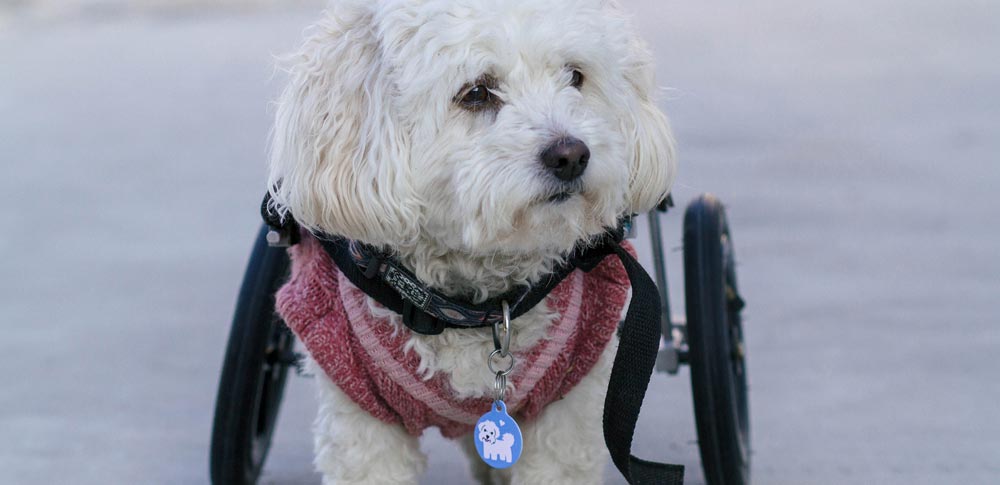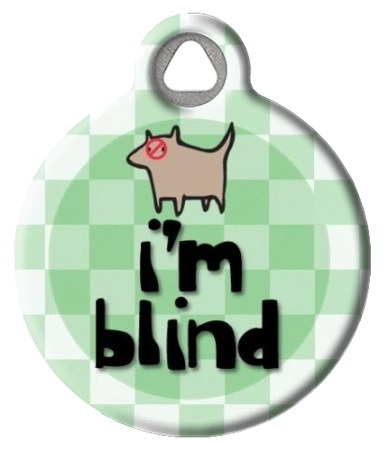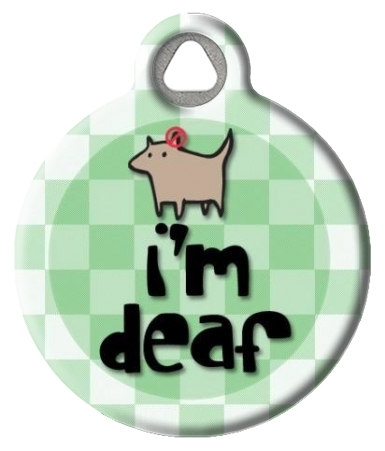Animals with special needs are incredibly adaptable, despite their limitations. They are loving and often playful and can bring great joy to their owners' lives. Still, because of their special needs, elderly, disabled and otherwise limited pets are often the last to be adopted from animal shelters. Sadly, many special needs animals face a much greater risk of being put down compared to their younger, healthier shelter neighbors.
These are just a few reasons adopting a special needs pet can be extremely rewarding. Still, anyone considering taking on the responsibility must keep in mind that a special needs pet will require more attention, care, love and financial support than average household pets. To help you make a balanced decision, consider some of the challenges and joys of adopting and caring for a special needs pet.
The Challenges of Caring for a Special Needs Pet

There will be additional care costs. Special needs pets include animals with severe allergies, a chronic illness or medical condition, behavioral issues, missing limbs or animals that are blind and/or deaf. As you can imagine, any one of these issues can result in more frequent visits to the vet. In some cases, your pet may need a special diet, therapy or medication - sometimes for the duration of their life, which will increase the cost of care. You should be prepared to take on these additional care costs before you adopt a special needs pet.
Special needs pets have unique medical concerns. Because of this, there are quite a few questions you will need to ask when considering adopting a special needs pet. For example, does this pet have emotional issues? Can he or she be in a household with children? What kind of special care will be needed? Will this pet need to wear diapers? Will they need a special diet or daily medication? Whatever the answers are, you must be prepared to accommodate the needs of your new pet.
Think carefully about what medical issues you are capable of facing and be honest about what issues you may not be able to tackle. For example, some diabetic animals need daily injections. If you are squeamish with needles, a diabetic pet may not be a good choice. Or if you choose to adopt a blind animal, you may need to pad the corners of your furniture and avoid rearranging it. Make sure you are willing to adapt to such special needs.
The Joys of Caring for a Special Needs Pet
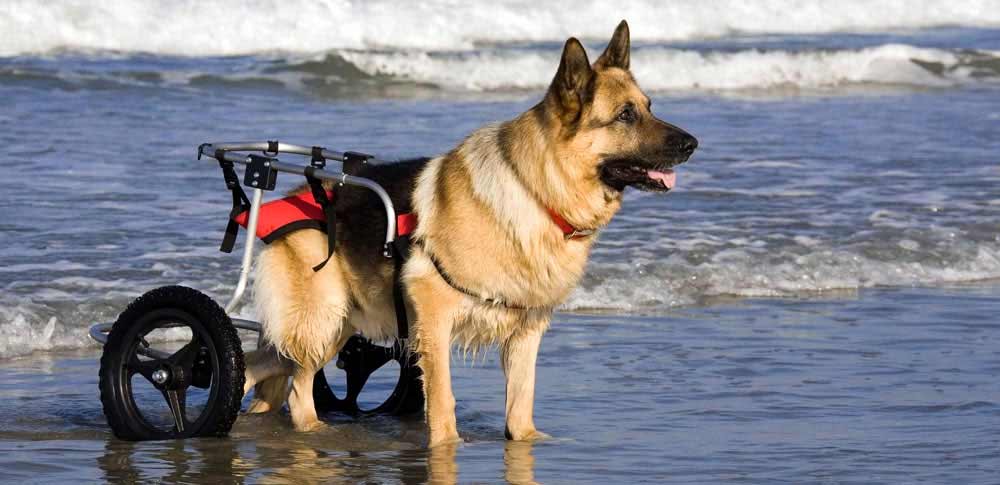
Adopting a special needs pet is rewarding. Adopting an animal is always rewarding, but being able to give a home to a "less-adoptable" animal is even more fulfilling. Special needs pets are generally resilient and fiercely loyal, so you'll be gaining a friend who loves and depends on you in the most special way.
Special needs pet are inspiring. Special needs pets are incredibly inspiring to be around. Despite their limitations, they are generally happy and playful and they never have an "oh, poor me" attitude. This can give you a real boost of courage when you have to face your own big challenges.
Is a Special Needs Pet Right for Your Family?
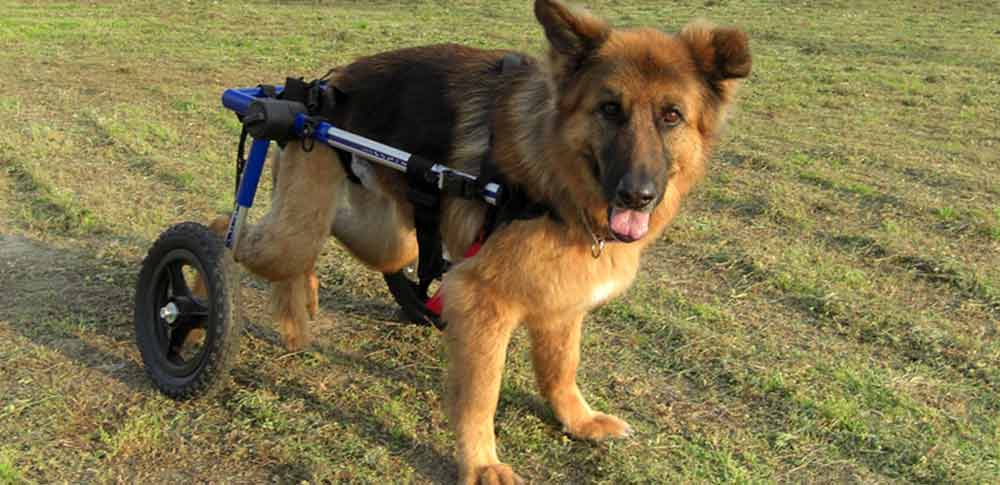
Even though we talked about a lot of serious considerations and some care-intensive special needs in this article, it should be noted that some special needs animals need very little special care. For instance, three-legged animals usually adapt very well to their lack of a limb and in most cases won't need a special diet, medication or extra veterinary care. That said, be sure you get to know the specific needs of any special needs animal you are thinking about adopting. Weigh the decision carefully and talk it over with your family. Everyone needs to be on board, especially if there will be special daily chores involved in caring for the new pet.
Still not sure if a special needs pet is right for your family? Why not talk to your local animal shelter about fostering a special needs animal? You can offer a temporary home to a special needs pet while they wait for their forever home. This will give you some first hand experience without the long-term commitment.

Without a doubt, special needs pets are some of the most loveable and inspiring pets we know of! Visit your local animal shelter to find out more ways you can help special needs animals in your local community.
